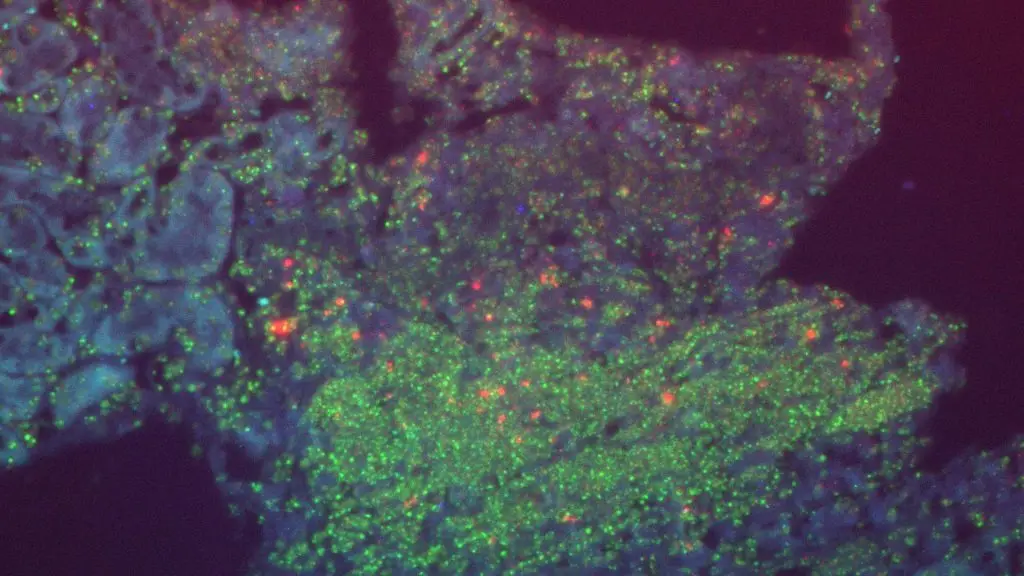Research on mice has shown that limiting the intake of a specific essential amino acid can slow aging and even increase lifespan.
What Is Isoleucine?
Isoleucine is one of the three branched-chain amino acids that our bodies use to build proteins. It is necessary for survival but cannot be produced by our cells, so we must obtain it from sources like eggs, dairy products, soy protein, and meat.
Recent Findings
In a recent study, a group of mice was fed either a diet containing 20 common amino acids, a diet in which all amino acids were reduced by about two-thirds, or a diet where only isoleucine was reduced by the same amount.
At the start of the study, the mice were about six months old, equivalent to the age of a 30-year-old human. They were allowed to eat as much as they wanted, but only from a specific type of food provided to their group.
Limiting isoleucine intake increased the lifespan and health of the mice, reduced frailty, promoted weight loss, and improved blood sugar control. Male mice lived 33% longer, and female mice lived 7% longer compared to those who did not have their isoleucine intake restricted.
These mice also showed better results in 26 health indicators, including muscle strength, endurance, blood sugar levels, tail function, and hair loss.
Interestingly, mice on the low-isoleucine diet consumed significantly more calories than the others, but instead of gaining weight, they burned more energy and maintained a lower body mass, despite no difference in their activity levels.
Researchers believe that limiting isoleucine intake in humans, either through diet or pharmaceutical interventions, could produce similar rejuvenating effects. However, as with all mouse studies, we won’t know for sure until it is tested on humans.






